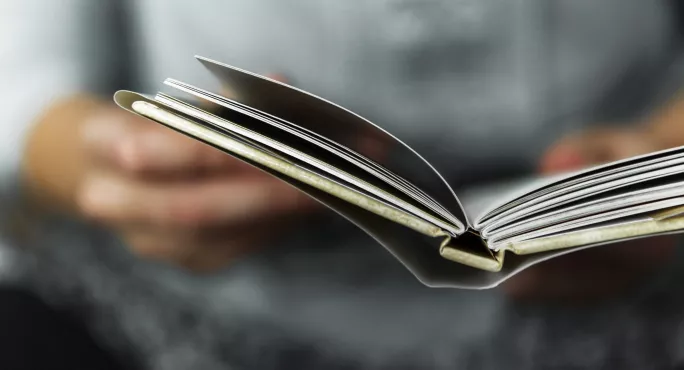Richard Branson has famously spoken about the advantages of his dyslexia and how it has contributed to his success. But does this hold true for teachers who are dyslexic?
I had suspected that I was dyslexic since I was teenager. I needed silence to read and often had to reread chapters and textbook pages several times to be able to understand the meaning of what I had read. However, on the surface I “coped” well with school, getting decent Higher grades and then a psychology degree.
My dyslexia was finally identified at the age of 32 during my PGDE (professional graduate diploma in education) year and all the jigsaw pieces fell together. My slow pace of work, the all-nighters required to meet essay deadlines, my lifelong difficulty in memorising times tables, my problems with organisation and paperwork - even my tendency to get lost when travelling to new places, turned out to be due to dyslexia.
Quick read: What it’s like to be a dyslexic teacher
Dyslexia: 5 tips for dyslexic teachers
A teacher’s view: Being a dyslexic teacher should be no barrier to success
As a new teacher, I was anxious that my difficulties would have an impact on my ability to do my job. I soon learned a lot of tricks to compensate, such as being over-prepared for lessons, having the answers to times-tables questions to hand and reading over any text before reading it out loud to my class.
I observed that many of my pupils had the same difficulties as me and realised I could be a positive example for them. I eventually worked up the courage to tell a headteacher about my dyslexia with the intention of sharing it with my pupils. My head was genuinely concerned that this would backfire on me in case parents perceived me as incompetent and unable to teach; I was deflated.
A few years later, after feeling that I had proven my worth in the classroom, I told my next headteacher about my dyslexia and asked whether he would be happy for me to share this with my pupils. His enthusiastic response to this was an incredible turning point for me.
I honestly believe that sharing my dyslexia with my pupils has been one of the greatest things I have done to raise their attainment. To be able to truly empathise with children and say “it is OK to be unsure about spelling, I need spell check, too”; “I find it hard to remember tables, too, here is a strategy that I use”; “it is OK to stumble when you are reading, I do it, too“; or “don’t worry if you need more time, my work takes a little longer, too”.
My pupils know that I have a genuine understanding and have faced many of the same hurdles that they do. Knowing that their teacher is neurodiverse allows children to see that it is OK to have the adaptations made that they need (and deserve). I hope it also shows them that they, too, can reach for university if it is what they want.
Teaching, by its nature, is not a dyslexia-friendly occupation. I will probably always find my workload difficult, but I would not change anything about my dyslexia because it has made me a better teacher for all of my pupils - and that is priceless.
Gemma Clark is a primary teacher in Scotland. She tweets @Gemma_clark14

